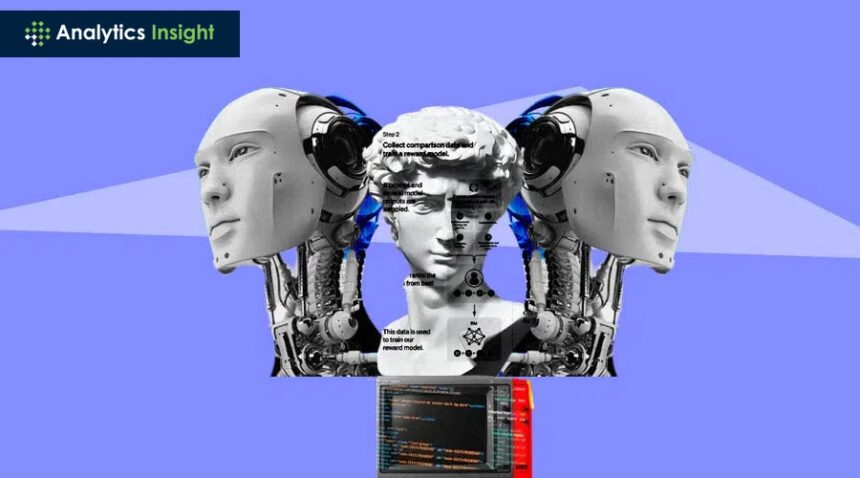In the digital age, businesses operate in a dynamic and fast-paced environment where decisions must be made swiftly and accurately to stay competitive. Real-time business analytics, powered by artificial intelligence (AI), has emerged as a critical tool for organizations to extract actionable insights from vast volumes of data and make informed decisions promptly. This article explores how AI enables real-time business analytics and decision-making, revolutionizing the way companies operate and strategize in today’s data-driven landscape.
1. Data Processing and Analysis:
AI technologies, such as machine learning algorithms and natural language processing (NLP), play a pivotal role in processing and analyzing large datasets in real time. These algorithms can sift through structured and unstructured data sources, including customer interactions, social media feeds, sensor data, and transaction records, to uncover patterns, trends, and correlations that traditional analytics methods might miss. By continuously processing incoming data streams, AI-driven analytics systems enable businesses to gain immediate insights into market dynamics, customer behaviors, and operational performance.
2. Predictive Analytics:
One of the most powerful capabilities of AI in real-time business analytics is predictive analytics. By leveraging historical data and advanced predictive models, AI algorithms can forecast future trends, identify potential risks, and anticipate customer preferences with remarkable accuracy. For instance, predictive analytics can help retailers anticipate demand fluctuations, enabling them to optimize inventory levels, pricing strategies, and promotional campaigns in real time. Similarly, financial institutions can use predictive analytics to detect fraudulent activities, assess credit risks, and personalize financial products for customers based on their creditworthiness and spending patterns.
3. Personalized Insights and Recommendations:
AI-powered analytics platforms can deliver personalized insights and recommendations to decision-makers across various organizational functions, from marketing and sales to supply chain management and customer service. By analyzing individual user behavior and preferences in real time, AI algorithms can tailor product recommendations, marketing offers, and content suggestions to match each customer’s interests and needs. For example, e-commerce platforms can use AI-driven recommendation engines to suggest products based on a customer’s browsing history, purchase history, and demographic profile, thereby enhancing the overall shopping experience and driving sales.
4. Autonomous Decision-Making:
In some cases, AI enables autonomous decision-making by empowering intelligent systems to execute predefined actions or strategies based on real-time insights and predefined rules. For instance, in algorithmic trading, AI algorithms can analyze market data, identify trading opportunities, and execute buy or sell orders autonomously within milliseconds, without human intervention. Similarly, in autonomous vehicles, AI algorithms can process sensor data, assess road conditions, and make split-second decisions to navigate safely and efficiently in real time, minimizing the risk of accidents and optimizing traffic flow.
5. Continuous Learning and Adaptation:
One of the key advantages of AI-driven analytics is its ability to learn and adapt continuously in response to changing circumstances and new data inputs. Through techniques such as reinforcement learning and deep learning, AI algorithms can refine their models over time, improving their accuracy and performance in real-world scenarios. This adaptive learning capability allows businesses to stay agile and responsive in rapidly evolving markets, adjusting their strategies and operations in real time to capitalize on emerging opportunities and mitigate potential risks.
In conclusion, AI-powered real-time business analytics represents a paradigm shift in how organizations harness data to drive strategic decision-making and gain a competitive edge in the digital economy. By leveraging advanced AI technologies, businesses can process, analyze, and act upon data at unprecedented speed and scale, unlocking new insights, optimizing operations, and delivering personalized experiences to customers in real time. As AI continues to evolve and mature, its transformative impact on business analytics and decision-making will only grow stronger, shaping the future of enterprise innovation and growth.
Source: www.analyticsinsight.net


